Mosuo
The Mosuo of China (living in the foothills of the Himalayan Mountains) are one of the best-known examples of a matrilineal society, where inheritance is passed down the female line and women have their choice of partners. In fact, they practice something called a "walking marriage," which is essentially the practice of women choosing their partner by walking to his home—and many women have multiple partners/marriages. Children take their mother's name and live with their mothers, while the men may or may not be involved in the raising of the kids. They often live with extended families in large households, with women handling all business decisions. Men often play a role politics, but the most respected person in any household is the grandmother. (For more insight, check out this short documentary.)
Fun fact: There is no word in their language for "father" or "husband."
Minangkabau
Also known as Minang, this group is located in Indonesia, and is matrilineal in that property, land, and inheritance is passed from mother to daughter. Low inheritance—such as income—is passed from father to son. In the past, this kept women in power, but now, "low income" is taking precedent and making a bit of a change in their modernizing society. Lineage is still traced through the mother's line, though, and the mother is the head of the family. Grooms are traditionally "given away" to the bride by female members of his family, who escort him to the home of the bride. Power and authority are generally shared between men and women, with women ruling the "domestic" sphere and men ruling the political and spiritual roles. Both genders believe this gives each equal footing. While the clan chief is male, women select the chief and have the power to remove him should he fail as a leader.
Akan
The Akan society is a multi-ethnic group in Ghana, where everything centers around a matriclan, clans founded by women. Men are often leaders of the clan, but their power comes from matrilineal lines—meaning power is descended through the man's mothers and sisters. Men not only support their own families, but also the families of his female relatives. Women conduct many rites and ceremonies—like funerals—and are typically leaders in the food and domestic spheres.
Bribri
Located in Costa Rica and northern Panama, the Bribri is a matrilineal line where women inherit the lands and create extended families. Children enter the mother's clan, and grandmothers are seen as the arbiters of tradition and knowledge. While men take on roles of importance, they are not allowed to "pass on" this knowledge or job to their sons, but rather only to their female relatives' sons. Women are given the right and ritual to prepare the cacao used in sacred Bribri rituals, giving them utmost importance in any clan.
Garo
An indigenous group in India and Bangladesh, Garos take clan titles from their mothers, with the youngest daughters inheriting property from their mother. While the society is matrilineal, men do hold power and are given the right to govern.
Tuareg
Tuareg are Berber people who live a nomadic lifestyle living in the Saharan dessert. In society, women have high status and the tribes are organized into confederations, where many women hold the power of reading and writing, with men herding livestock. Livestock and other movable property, however, are owned largely by women, whereas personal property is owned and inherited regardless of gender. The Tuareg are Muslim but are also influenced by their pre-existing beliefs—including matrilineal customs.
*www.marieclaire.com/culture/a19105/matriarchies-still-exist-today

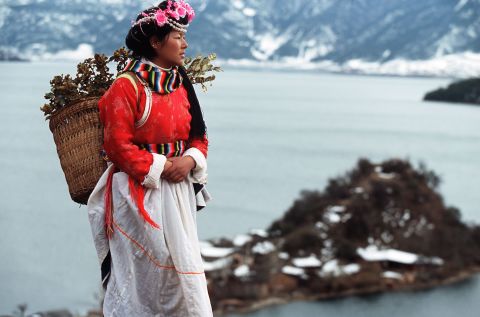
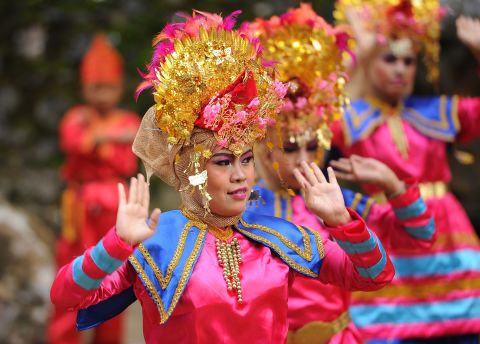
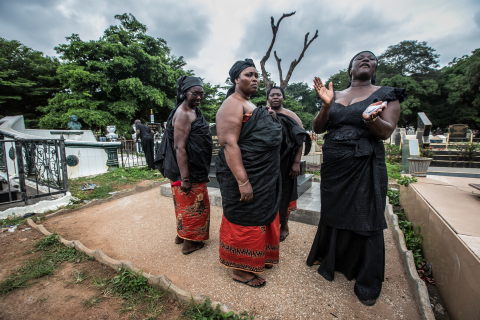
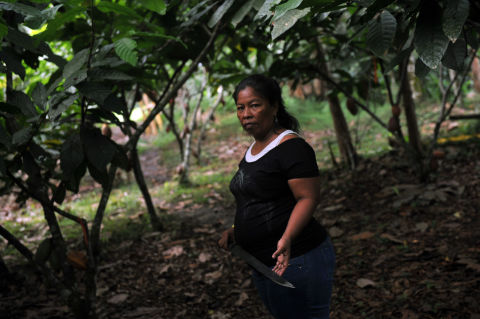
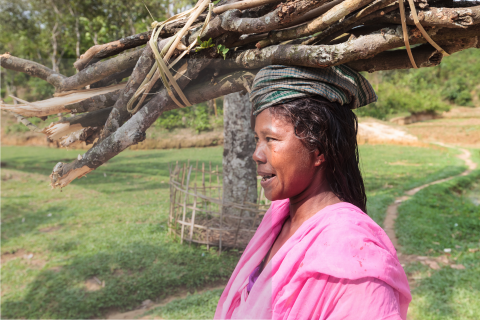
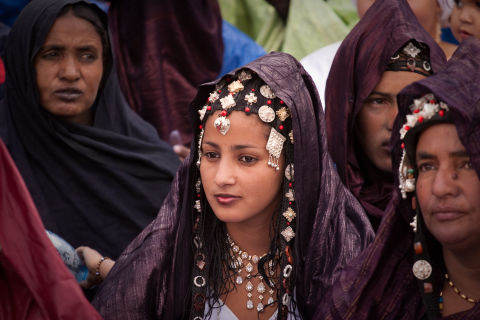
No comments:
Post a Comment